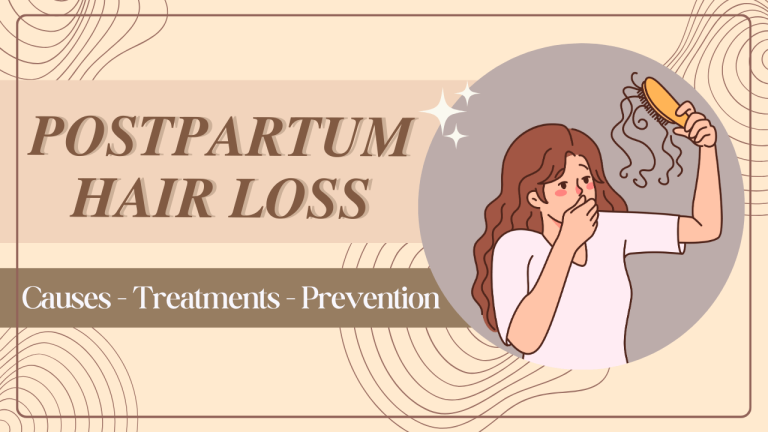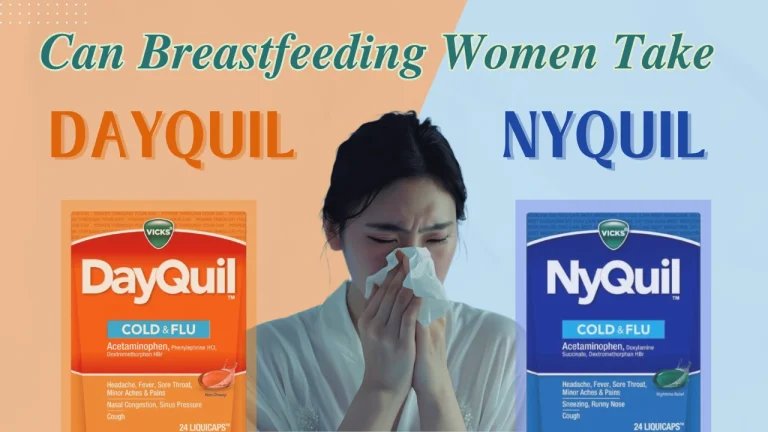
Dealing with a persistent cough during pregnancy can be quite challenging. The issue is not just the discomfort, but the uncertainty about what medications are safe to use without harming your baby.
You should always be more cautious about what you consume, especially the medicines you take while pregnant. “Can I take cough drops while pregnant?” – This may be a concern rising in your mind right now. Many expectant mothers wonder if common remedies like cough drops are safe to use. Relax! You will find the answer soon as well as tips to make the cough leave. Read on to find out more!
What Are Cough Drops?

Cough drops, also known as throat lozenges, are a common remedy for coughs and sore throats. They typically contain menthol, a natural compound found in peppermint and mint plants. Menthol can help to soothe irritation in the back of your throat. They also can ease a persistent cough and comfort your dry mouth. Lozenges or cough sweets are some popular kinds of cough drops available over the counter. You can buy them at any drugstore without a prescription.
In addition to menthol ingredients, some brands also include other natural herbs, such as sage, thyme, horehound, elder, hyssop, lemon balm, mallow, and linden flowers. These might not have specific warnings against pregnancy use, but their effects during pregnancy haven’t been thoroughly studied yet.
Is It Safe to Take Cough Drops While Pregnant?
Generally, cough drops are considered safe for pregnant women to use. However, Dr. Gyamfi-Bannerman advises moderation, as with any supplement or medication while pregnant. She notes that cough drops, like most medications, haven’t been extensively studied for use while being pregnant. To be safe, you should ask for advice from your doctor before taking any kind of cough drops.
Moreover, cough drops are typically used for a few days to relieve cough and sore throat caused by a common cold or sinus infection. So, the risks to your unborn baby are minimal.
Benefits of Taking Cough Drops During Pregnancy

Coughing can be especially bothersome when you’re pregnant. Taking cough drops brings some benefits as below:
Relieve The Pain
If you are facing any pregnancy-related maladies, like round ligament pain, coughing will make you more painful. Cough drops can soothe a sore throat and potentially reduce cough as well as related pain.
Keep You Hydrated
If a sore throat makes drinking water difficult, cough drops might help alleviate the discomfort and allow you to stay hydrated. Water is essential for a healthy pregnancy. According to ACOG – The American College of Obstetricians and Gynecologists, pregnant women should drink enough water – 8 to 12 8-ounce glasses per day.1
Moisturize a Dry Mouth
Cough drops can stimulate saliva production, temporarily relieving dryness and discomfort in your mouth. You should avoid fluids with caffeine and alcohol as well as sip water regularly throughout the day.
Best Cough Drops For Pregnancy
Following the advice from the Women’s Care – Obstetrics Gynecology & Midwifery Center, these are some good cough drops that you can take:
- Halls – Cough & Throat Relief – Menthol Cough Suppressant
- Ricola – Soothes Throat & Relieves Cough – Cough Suppressant
- Vicks – Menthol Cough Suppressant – Oral Anesthetic Drops
Precautions for Using Cough Drops While Being Pregnant
Taking cough drops is generally considered safe for most pregnant women. However, there are a few things to keep in mind below:
- If you have diabetes, opt for sugar-free cough drops. These drops often contain sweeteners or corn syrup, which can affect glycemic control in women with pre-gestational or gestational diabetes. In this case, sugar-free cough drops are the best option.
- Read labels carefully to avoid any herbs or ingredients that might be contraindicated during pregnancy. Many cough drops contain natural herbal additives such as thyme, and hyssop.
- Limit the amount of menthol you consume. However, the amount of menthol in a typical cough drop (5-10mg) is very unlikely to reach harmful levels.
Pregnancy-Safe Alternatives to Cough Drops

Looking for natural remedies for your cough during pregnancy? While cough drops are generally safe, here are some options to consider alongside cough drops:
- Lemon Water: Warm water with lemon and honey can be a comforting throat soothe. Eating honey while pregnant is typically considered safe. It is found even more effective than OTC medicines at reducing cough symptoms. Some slices of ginger in your tea will help as well as add more flavor.
- Saltwater Gargle: Gargling with warm salt water can help ease a sore throat. Studies suggest it might even shorten the duration of a cold up to 2 days.
- Sleeping enough: Sleep is a good chance for your body to have time to rest and recover from diseases. Just remember to sleep in the safe sleeping positions while pregnant. Left-side is the best position the doctors will recommend you.
- Drinking plenty of water: Water is essential for your developing baby’s growth and well-being. Adequate water intake also helps prevent constipation, a common pregnancy discomfort. If you have a cold, drinking plenty of fluids can help thin mucus and ease congestion associated with colds. So, remember to prevent yourself from dehydration.
- Eat healthy and nutritious foods: Eating a mix of healthy foods while pregnant including fruits, veggies, whole grains, proteins, low-fat dairy, and oil can help to boost your immune system.
When to Contact a Health Care Provider
Cough drops are generally safe for most pregnant women. However, it’s always wise to consult your doctor before using any medication, especially when you have any underlying health conditions.
Here’s when to seek medical attention:
- The cough worsens and doesn’t improve within a few days
- High fever
- Difficulty breathing
- New symptoms appear
These may be the signals of something more serious than a simple and common infection.
Cough during pregnancy is usually normal and is not risky. But if you are still worrying, keep reading for your information:
Cough is a common disease and can occur to anyone, not only to pregnant women. There are many causes of a cough, but the most common are common flu, cold, allergies, asthma, gastric, or COVID-19.
Thankfully, Dr. Kjersti Aagaard, a professor of obstetrics and gynecology, says that coughing is unlikely to harm the baby. And don’t worry, it won’t make you go into labor either.
Your baby resides within the strong muscular wall of your uterus and is cushioned by amniotic fluid. This fluid acts as a buffer, absorbing any impact from coughing movements.
While coughing is generally harmless, it’s important to identify and address the underlying cause. “Can I take cough drops while pregnant?”. Using cough drops during pregnancy can be a great way to manage a sore throat or persistent cough. It’s important to check the ingredients, especially if you have allergies or diabetes since some cough drops contain sweeteners or herbal additives that might affect your health. If you have any doubts or need more personalized advice, don’t hesitate to reach out to your doctor.
Sources
- How much water should I drink during pregnancy?. American College of Obstetricians and Gynecologists. 2020. ↩︎






